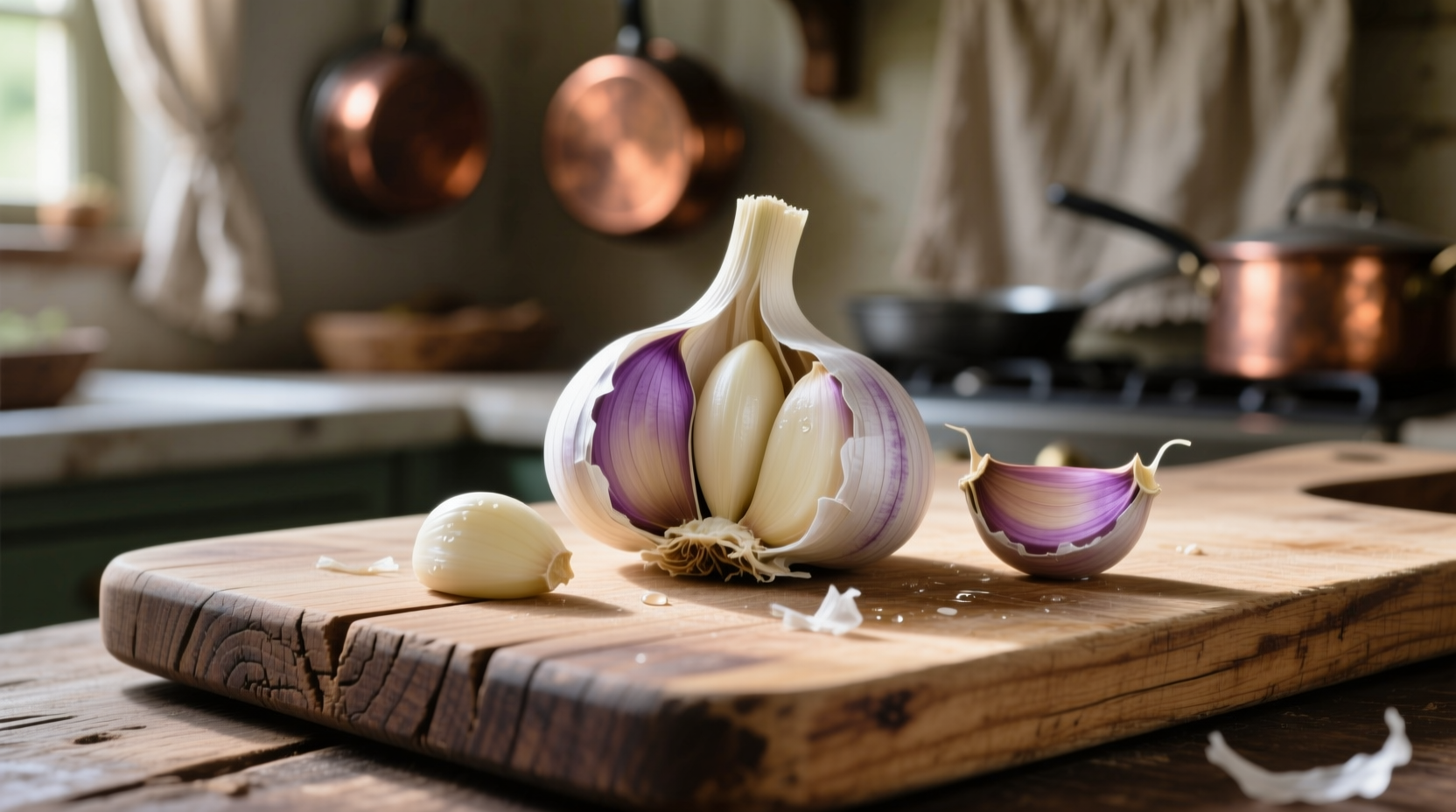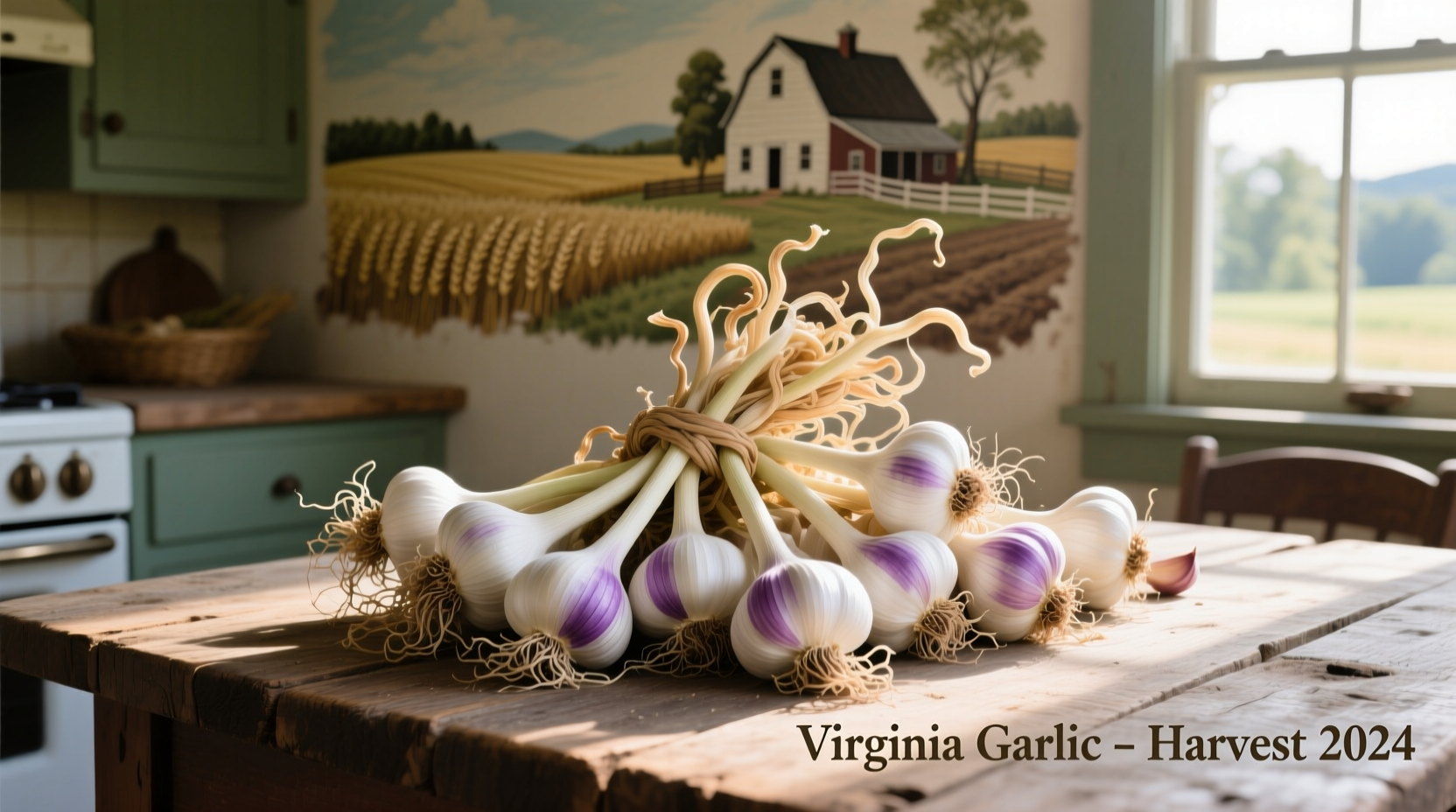Garlic should never be inserted into the vagina. Medical professionals strongly advise against this practice due to significant risks including severe irritation, chemical burns, and disruption of natural vaginal flora. The American College of Obstetricians and Gynecologists (ACOG) confirms there is no scientific evidence supporting garlic as a safe or effective treatment for vaginal infections.
When searching for natural remedies for vaginal health concerns, it's crucial to separate evidence-based practices from potentially dangerous folklore. While garlic contains allicin, a compound with antimicrobial properties, its application for vaginal issues lacks clinical validation and poses serious health risks.
Understanding Garlic's Properties and Limitations
Garlic (Allium sativum) contains allicin, which demonstrates antimicrobial effects in laboratory settings. However, these properties don't translate to safe vaginal application. The delicate pH balance of the vagina (typically 3.8-4.5) can be severely disrupted by foreign substances. Unlike controlled laboratory environments, the vaginal ecosystem requires careful maintenance of its natural bacterial balance.
According to research published in the Journal of Antimicrobial Chemotherapy, while allicin shows promise in controlled studies, its concentration and delivery method are critical factors. The raw garlic clove inserted vaginally creates an unpredictable, highly concentrated exposure that can damage sensitive tissues.
| Medical Recommendation | Folk Remedy Claim | Scientific Verification |
|---|---|---|
| Use prescribed antifungals for yeast infections | Garlic cures yeast infections | No clinical evidence supporting efficacy |
| Maintain natural vaginal pH (3.8-4.5) | Garlic restores pH balance | Garlic disrupts natural pH, causing irritation |
| Avoid foreign objects without medical supervision | Garlic insertion is safe natural remedy | Documented cases of chemical burns and infections |
Why People Consider Garlic for Vaginal Health
The misconception about garlic's vaginal application likely stems from its historical use as a general antimicrobial agent. Traditional medicine systems worldwide have utilized garlic for various infections, creating a false assumption that it's universally applicable. Online forums and social media have amplified these unverified claims, often sharing anecdotal "success stories" without acknowledging potential complications.
However, the vaginal environment differs significantly from other areas where garlic might have traditional uses. The mucous membranes in the vagina are extremely sensitive and designed to maintain a specific microbial ecosystem. Introducing raw garlic disrupts this balance, potentially causing more harm than the original condition.
Documented Risks of Vaginal Garlic Application
Medical literature contains multiple case reports of complications from vaginal garlic insertion:
- Chemical burns: Raw garlic contains caustic compounds that can cause second-degree burns to delicate vaginal tissue
- Severe irritation: Many women report intense burning, swelling, and discomfort requiring medical intervention
- Disrupted microbiome: Garlic can destroy beneficial lactobacilli bacteria, increasing vulnerability to infections
- Embedded fragments: Pieces of garlic can remain lodged, causing prolonged irritation and potential infection
A 2019 case study published in Obstetrics & Gynecology documented a patient who experienced severe chemical vulvovaginitis after inserting garlic cloves for suspected yeast infection. The patient required medical treatment for the resulting complications, which were more severe than her initial symptoms.
Safe Alternatives for Vaginal Health Concerns
When experiencing vaginal discomfort, itching, or unusual discharge, consult a healthcare provider rather than attempting home remedies. Medically approved approaches include:
- Professional diagnosis: Many conditions share similar symptoms but require different treatments
- Prescribed antifungals: For confirmed yeast infections, topical or oral medications with proven efficacy
- pH-balanced probiotics: Specifically formulated for vaginal health under medical guidance
- Mild, unscented hygiene products: Avoiding douches and harsh soaps that disrupt natural balance
The Centers for Disease Control and Prevention (CDC) emphasizes that self-treatment of vaginal symptoms without proper diagnosis can lead to complications and prolonged discomfort. Their guidelines state: "Vaginal symptoms should be evaluated by a healthcare provider to determine the appropriate treatment."

Evidence-Based Natural Approaches
If you're interested in natural approaches to support vaginal health, consider these evidence-based options:
- Dietary garlic consumption: Eating garlic provides systemic benefits without direct tissue exposure
- Cotton underwear: Breathable fabrics reduce moisture that can contribute to infections
- Probiotic-rich foods: Yogurt with live cultures may support overall microbiome health
- Avoiding irritants: Fragranced products, douches, and tight synthetic clothing
Remember that "natural" doesn't automatically mean safe or effective. The National Institutes of Health (NIH) warns that many natural remedies lack sufficient research to confirm their safety and efficacy for specific medical conditions.
When to Seek Immediate Medical Attention
Contact a healthcare provider immediately if you experience:
- Severe burning or pain after attempting any home remedy
- Visible tissue damage or bleeding
- Persistent symptoms lasting more than a few days
- Fever or chills accompanying vaginal symptoms
- Unusual discharge with foul odor
The American College of Obstetricians and Gynecologists (ACOG) states: "Self-treatment of vaginal symptoms without proper diagnosis can lead to complications and prolonged discomfort. Professional evaluation ensures appropriate treatment."
Conclusion: Prioritizing Evidence-Based Care
Vaginal health requires careful attention and professional guidance. While the desire for natural remedies is understandable, safety must come first. The risks associated with inserting garlic vaginally far outweigh any unproven benefits. Always consult with a healthcare provider for proper diagnosis and treatment of vaginal concerns.
Evidence-based medicine exists to protect your health, not restrict your choices. By working with medical professionals, you can find solutions that are both effective and safe for your unique body.











 浙公网安备
33010002000092号
浙公网安备
33010002000092号 浙B2-20120091-4
浙B2-20120091-4